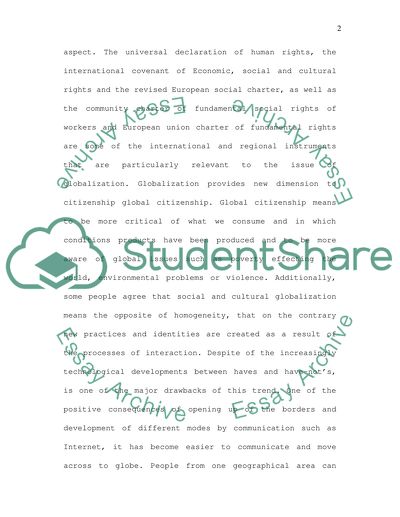Cite this document
(“Globalization and Sports Essay Example | Topics and Well Written Essays - 3000 words”, n.d.)
Globalization and Sports Essay Example | Topics and Well Written Essays - 3000 words. Retrieved from https://studentshare.org/sociology/1521482-globalization-and-sports
Globalization and Sports Essay Example | Topics and Well Written Essays - 3000 words. Retrieved from https://studentshare.org/sociology/1521482-globalization-and-sports
(Globalization and Sports Essay Example | Topics and Well Written Essays - 3000 Words)
Globalization and Sports Essay Example | Topics and Well Written Essays - 3000 Words. https://studentshare.org/sociology/1521482-globalization-and-sports.
Globalization and Sports Essay Example | Topics and Well Written Essays - 3000 Words. https://studentshare.org/sociology/1521482-globalization-and-sports.
“Globalization and Sports Essay Example | Topics and Well Written Essays - 3000 Words”, n.d. https://studentshare.org/sociology/1521482-globalization-and-sports.


